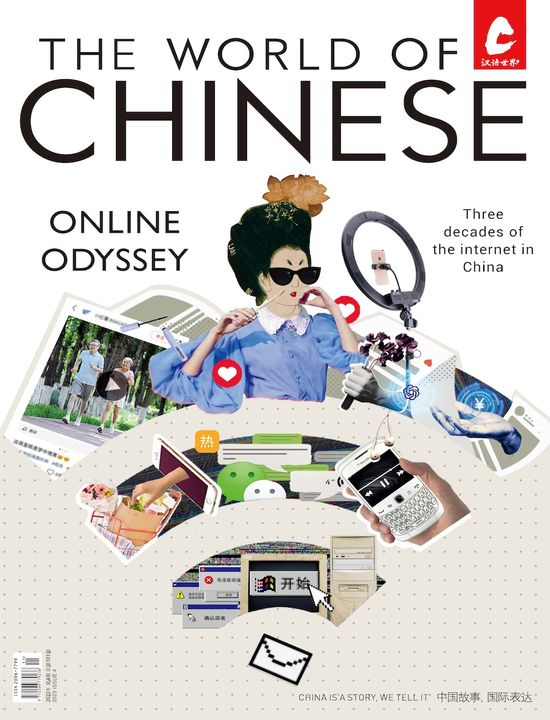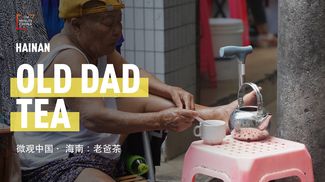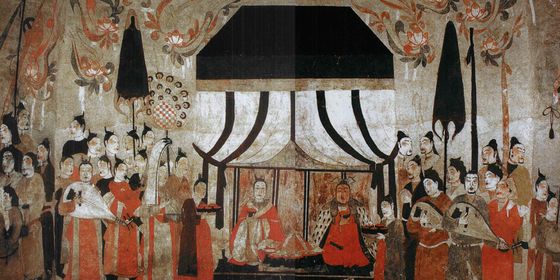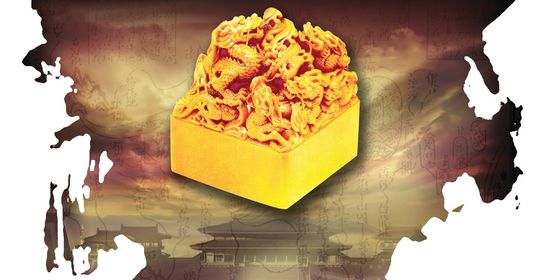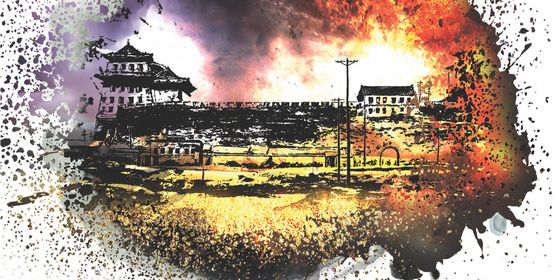An audience with the Son of Heaven could be a minefield of ritual, ceremony, and etiquette for China’s court officials
As the 15th century Emperor Yingzong chaired yet another long, meticulous daily meeting with his officials, a commotion broke out in their ranks. Zeng Xuan (曾瑄), an official from the Ministry of Justice, was looking embarrassed: He had wet himself.
Not only was Zeng humiliated in front of around 1,000 other Beijing officials, but he had also committed a serious breach of etiquette in front of the emperor. He was swiftly demoted.
An audience with the Son of Heaven in imperial China was a privilege, but it could also be a chore. During the regular morning assembly, for example, high-ranking officials were ordered to report their work and receive instructions. The meeting started early, lasted hours, and was full of ritual and ceremony. Doing the wrong thing, as poor Zeng did, could attract the emperor’s ire. Here are some more of the most important court etiquette officials had to follow in imperial China:
Turn up on time
The Chinese character 朝 means to have an audience with the emperor, but it could also refer to the morning. This was apt, given emperors for over 3,000 years held regular meetings with officials during “卯时 (măo shí),” a time period generally between 5 and 7 a.m. The word “点卯 (diǎn mǎo),” literally meaning “check-in during mao,” is still used today to refer to a roll-call.
To arrive on time, officials often had to commute during the dead of night. According to the Anthology of Petty Matters During the Qing (《清稗类钞》), written by Xu Ke in 1917, there were no lights in the imperial palace during much of the Qing dynasty (1616 – 1911), so officials had to find their way around in the dark. When Emperor Guangxu was on the throne (between 1875 and 1908), one official even fell into Beijing’s city moat and drowned while commuting to the morning meeting in the darkness.
Officials had it tough getting up so early, but the consequences of being late were severe. In the Tang dynasty (618 – 907), if officials were absent from the meeting, they would forfeit a month’s or even a season’s wages. And if an official skipped the meeting over 35 times, he would be sentenced to one year in jail. During the Ming dynasty (1368 – 1644), anyone absent from the morning meeting could be flogged 20 times.
Control bodily functions
Etiquette was considered vital for many Chinese dynasties, and it was generally improper to urinate, spit, and even cough in the presence of the emperor. In the Ming dynasty, for example, the official Tan Lun (谭纶) was docked a month’s wages after he inadvertently coughed in front of the Son of Heaven.
The weather was also a problem. In the Ming and Qing dynasties, the morning audience with the emperor was held outdoors in the Forbidden City, with officials enduring hours in scorching summer heat or snowy blizzards in winter. It was common for officials to faint. Officials could, however, request permission to be excused when physiological needs arose. According to the Records of the Emperor Taizu of Ming (《明太祖实录》), if an official felt dizzy or couldn’t stand upright by himself, his colleagues could carry him out of the court.
Perhaps unsurprisingly, officials often skived off the morning assembly. Emperor Xianzong of the Ming dynasty apparently noticed the dwindling number of attendees at his morning meetings and ordered an investigation. According to Records of the Emperor Xianzong of Ming (《大明宪宗纯皇帝实录》), the investigators found 1,118 officials had skipped the meeting, many of them claiming to be sick. The emperor promptly sentenced them all to hard labor.
But the meeting wasn’t tough only for the officials. the Son of Heaven also had to sit through hours of ritual, reports, and papers, all while dressed in full regalia. Emperor Jingzong of the Tang dynasty, perhaps dreading this prospect, turned up hours late to one of the meetings (with officials patiently waiting for him all that time). In the Ming dynasty, Emperor Jiajing didn’t attend the meetings for 24 years, and his grandson, Emperor Wanli, broke that record by avoiding the meetings for 28 years, sending his prime minister or advisers in his place.
No swords…or shoes
Beginning in the Qin dynasty (221 – 206 BCE), swords and other weapons were forbidden in the imperial court. The assassin Jing Ke (荆轲) had come close to killing the Duke of Qin (who would later become the first emperor of a unified China), and other rulers were keen to avoid similar attempts on their lives.
But until the Tang dynasty, officials also had to remove their shoes and socks when the emperor was home. Not doing so could be fatal. The physician Wen Zhi (文挚) of the Warring States period (475 – 221 BCE) met a gruesome fate after he attended to King Min of the Qi State without removing his footwear, according to Master Lü’s Spring and Autumn Annals (《吕氏春秋》).
King Min had fallen ill, and the crown prince asked Wen for help. He diagnosed the disease, but advised the only cure was anger: The king needed to become enraged. Wen feared the king’s wrath, though, so was hesitant to administer this curious medicine until the prince promised to protect Wen from the king once he was cured.
After the prince guaranteed Wen’s safety, the doctor clambered onto the king’s bed where he was resting (without removing his shoes and socks) and trampled all over his bedding and clothes. King Min, furious, suddenly sat upright, apparently cured of his ailment. The crown prince was elated at his father’s recovery and told the king to forgive Wen’s offense, since it was only to cure him. But the king refused and had Wen boiled alive for his transgression.
A few trusted visitors were allowed to wear shoes and carry swords to court. But this was an exceptional privilege granted only to the most influential and respected figures: the warlord Cao Cao (曹操) in the Eastern Han dynasty (25 – 220), for example.
To kneel or not?
Many Chinese palace TV dramas these days have scenes of dutiful officials kowtowing to their sovereign and shouting “Long live the emperor!” every time they meet. In reality, however, there was subtle etiquette around kneeling in different time periods.
